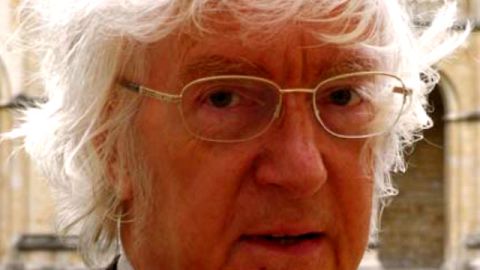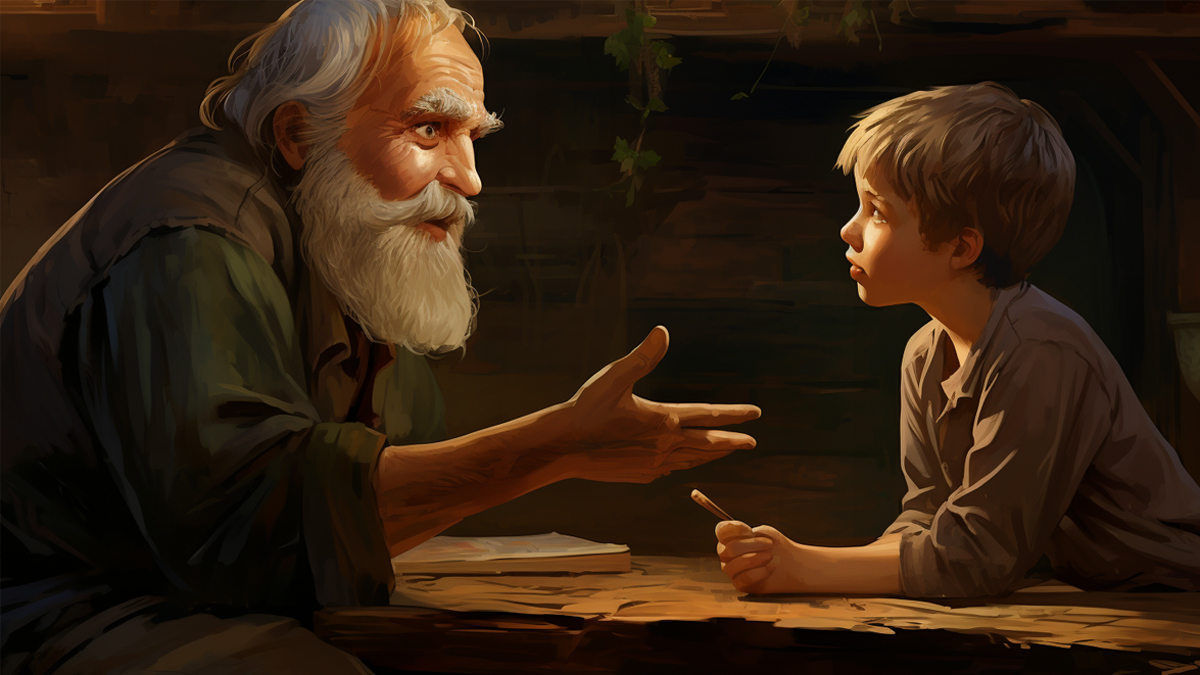Memorial Day, Every Day

A little science-fiction philosophy to provoke you to remember on Memorial Day, courtesy of Oxford philosopher Derek Parfit:
Suppose you were given the chance to teleport yourself, Star Trek style, directly to your holiday picnic or barbecue today, avoiding traffic and allaying fears about driving while under the influence. Would you do it? Parfit expresses your possible qualms in his brilliant, quirky 1984 book “Reasons and Persons”:
This machine will send me at the speed of light. I merely have to press the green button. Like others, I am nervous. Will it work? I remind myself what I have been told to expect. When I press the button, I shall lose consciousness, and then wake up at what seems a moment later. The Scanner…will destroy my brain and body, while recording the exact states of all of my cells. It will then transmit this information by radio….[The Replicator] will then create, out of new matter, a brain and body exactly like mine. It will be in this body that I shall wake up. (p. 199)
Let’s say you decide to teletransport yourself this morning. All goes well. You notice nothing alarming and marvel at the time and aggravation you save on transportation. Soon you’re using the transporter for your daily commute and cross-country trips, even near-instant visits to faraway lands. The daily destruction of your body and brain cause you no pain or distress: you and your series of replicas are qualitatively identical to the previous models. You are still you, or so you seem to yourself and to others.
But one day you are thrown for a loop. On your light-speed trip to work, you remain in the Scanner after pressing the button. The machine doesn’t seem to have worked, but you soon learn that it did: your replica is now busy at his desk, hard at work. You are handed a printed card:
“The New Scanner records your blueprint without destroying your brain and body. We hope that you will welcome the opportunities which this technical advice offers.” (p. 199)
You find the opportunity to chat with your other self to be a little creepy, and unfortunately, the new model has a fatal flaw: while it successfully replicates you at your destination, it “seems to be damaging the cardiac systems which it scans.” You will die of a heart attack within a few days, but your replica will be fine. (He’ll avoid the transporter while it’s malfunctioning and take the train to and from work instead.)
Parfit argues that most of us would be upset to face our own death under these circumstances, but he denies that this reaction is justified. The demise of our physical existence should not matter to us as long as our replica is physically and psychologically related to us: “we” survive even though our bodies die.
Parfit thus embraces what he calls the Reductionist View. Personal identity doesn’t matter, even though most people think it does. What matters is “psychological connectedness, and/or continuity.” By this measure, dying while your replica thrives is “about as good as ordinary survival.”
Does this sounds crazy? Parfit admits that it might. But he insists that it is true, and that believing it might make you happier and more open to the world at large:
Some may find [the view depressing]. But I find it liberating, and consoling. When I believed my existence was such a further fact, I seemed imprisoned in myself. My life seemed like a glass tunnel, through which I was moving faster every year, and at the end of which there was darkness. When I changed my view, the walls of my glass tunnel disappeared. I now live in the open air. There is still difference between my life and the lives of other people. But the difference is less. Other people are closer. I am less concerned about the rest of my own life, and more concerned about the lives of others. (p. 281)
As hard as it may be to be a Reductionist — someone who thinks that when it comes to the existence of a self beyond a complex series of psychological states, there is no there there — strive we must:
[Thomas] Nagel once claimed that it is psychologically impossible to believe the Reductionist View. Buddha claimed that, thought this is very hard, it is possible. I find Buddha’s claim to be true. After reviewing my arguments, I find that, at the reflective or intellectual level, though it is very hard to believe the Reductionist View, this is possible. My remaining doubts or fears seem to be irrational. Since I can believe this view, I assume that others can do so too. We can believe the truth about ourselves.
One line of argument in response to Parfit’s view comes from fellow Big Thinker Will Wilkinson in his critique of Bruce Hood’s claim that the self is illusory. For Wilkinson, the self is an illusion only if we ascribe to it an untenable,“extravagant” metaphysical basis. Will thinks that a self is nothing like this, and we shouldn’t be disappointed when a “gem-like flame literally flickering somewhere east of the pancreas” fails to show up on MRI scans. Instead, we should be content to view the self intersubjectively, as an idea that helps define an individual within a social order in which individuals work together and whose projects and relationships are predicated on some reasonably stable notion of who each other are.
But notice how this response leaves Parfit’s argument basically untouched. Yes, Parfit defines personal identity from the “inside,” but an intersubjective component of interacting selves requires a robust degree of psychological connectedness. That is, if you want to maintain a romantic relationship or a business partnership with someone, you expect that person to have a relatively stable personality, with interests, quirks and orientations that do not change from moment to moment, or from year to year. Once your life or business partner no longer resembles her former self, you might want to end the relationship, or you might mourn the loss of the person you once knew.
There would be no need for Memorial Day if we were inclined to reflect deeply on the deaths of individuals in our everyday lives. The holiday tries to get us to memorialize fallen soldiers, and it invites us to do the same for loved ones who may not have served in the military. If we accept Parfit’s arguments about how individuals survive, we can see ourselves as extending the lives of those who have perished in body whenever we recall — or better, enact — the way they lived, the things they said, the deeds they performed.
In Plato’s “Phaedo,” Socrates portrays philosophy as the activity necessary to prepare for one’s death. Parfit’s perspective shows this and something else: memorializing the fallen is our only way of preventing their complete disappearance.
Follow Steven Mazie on Twitter: @stevenmazie





